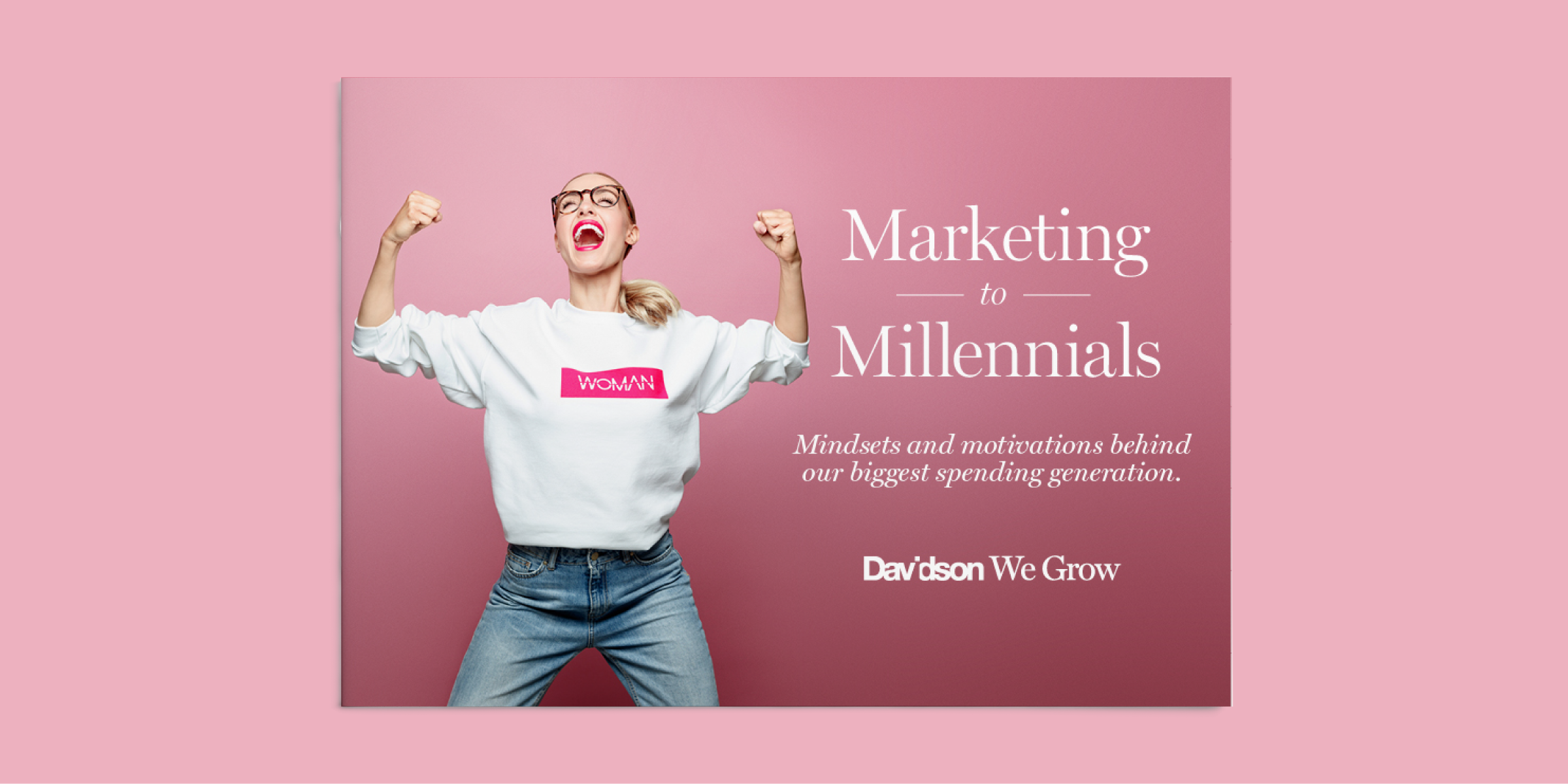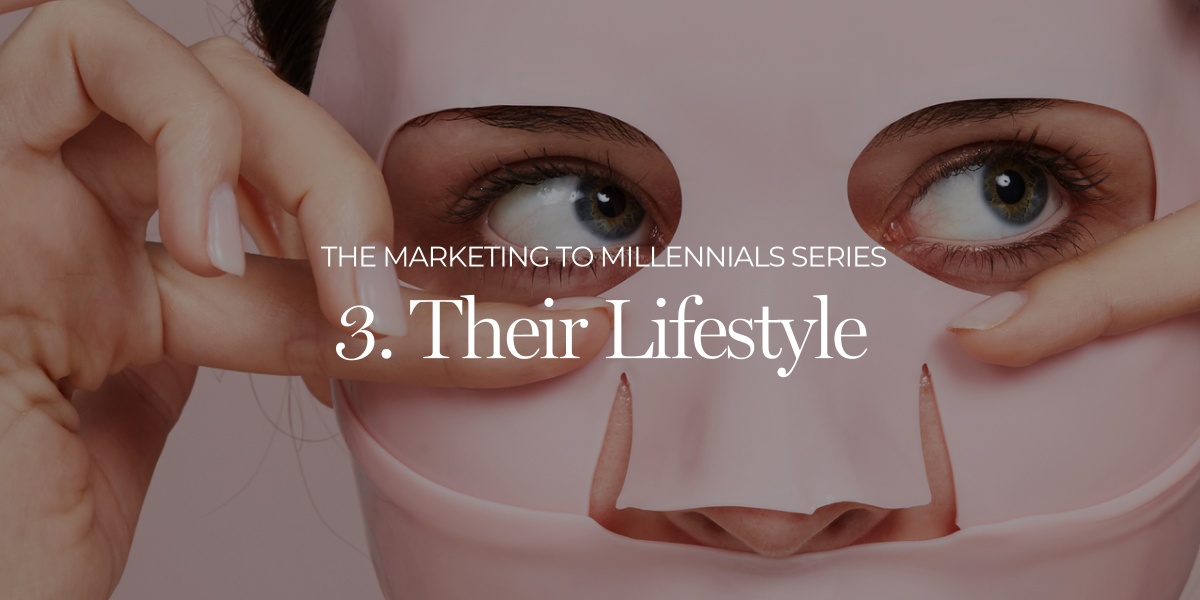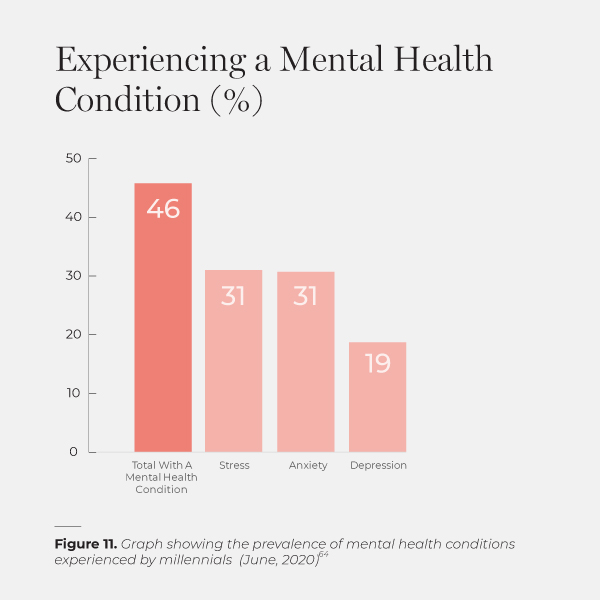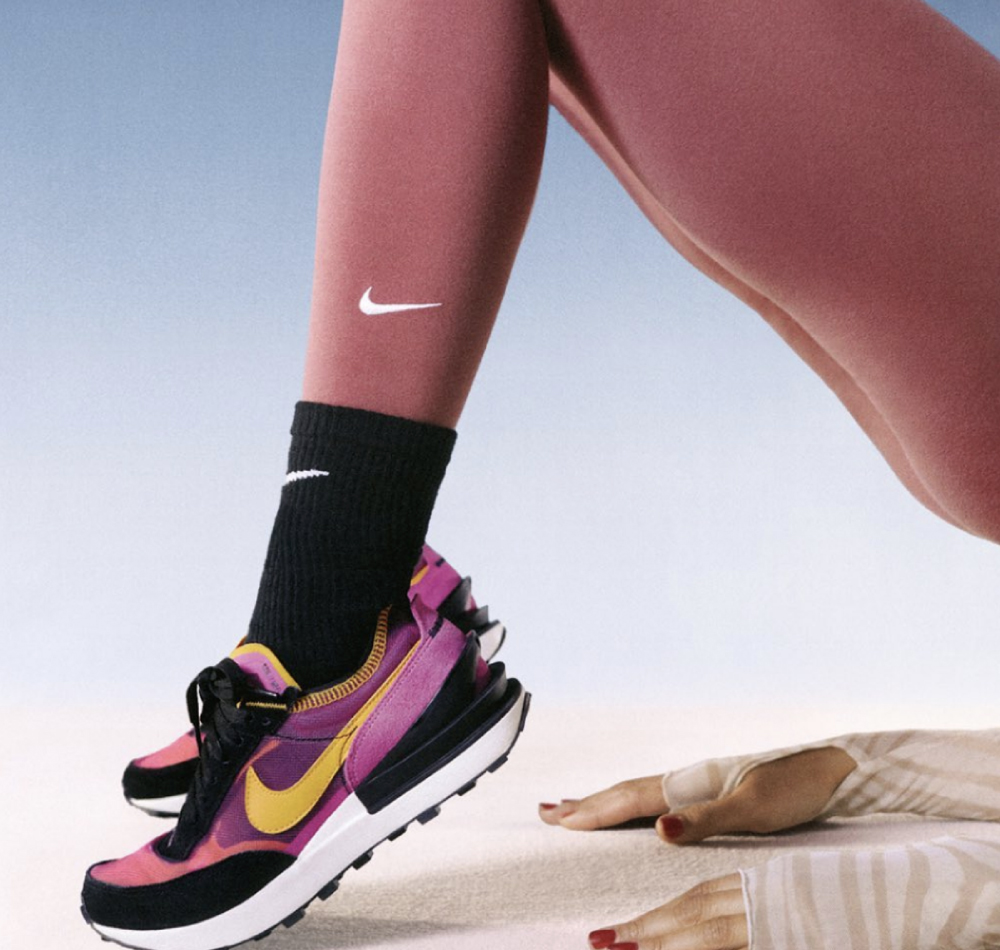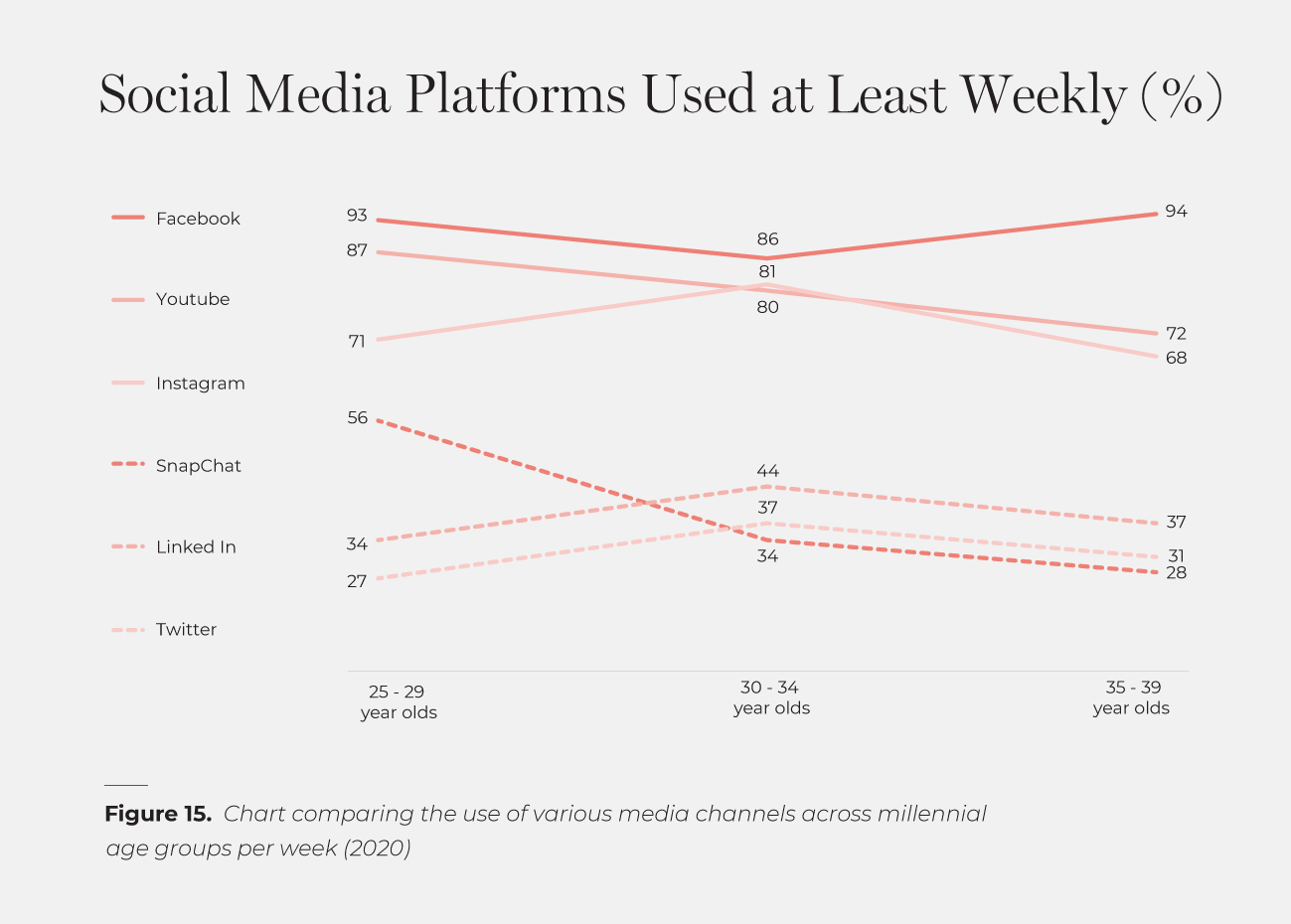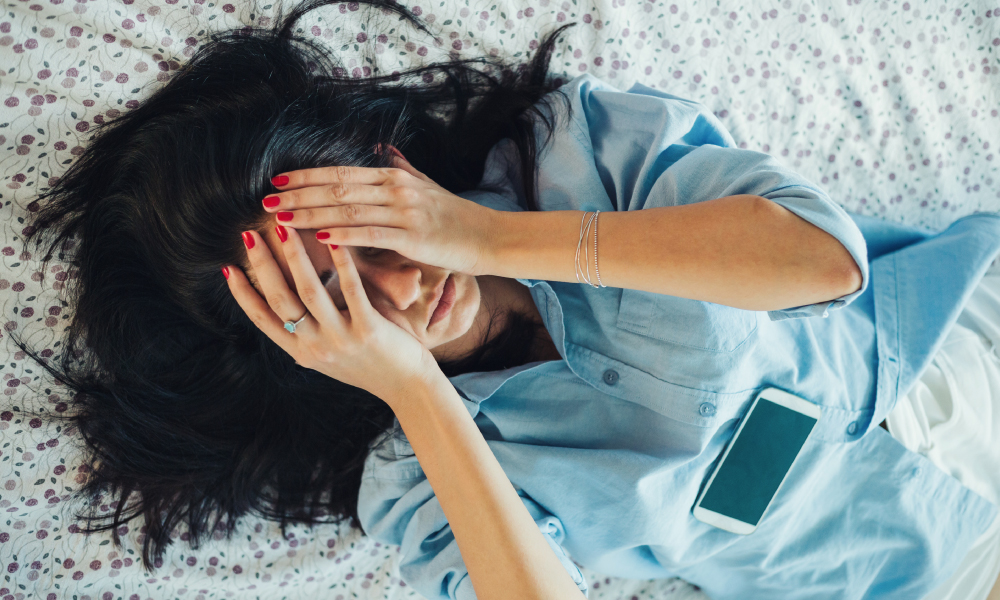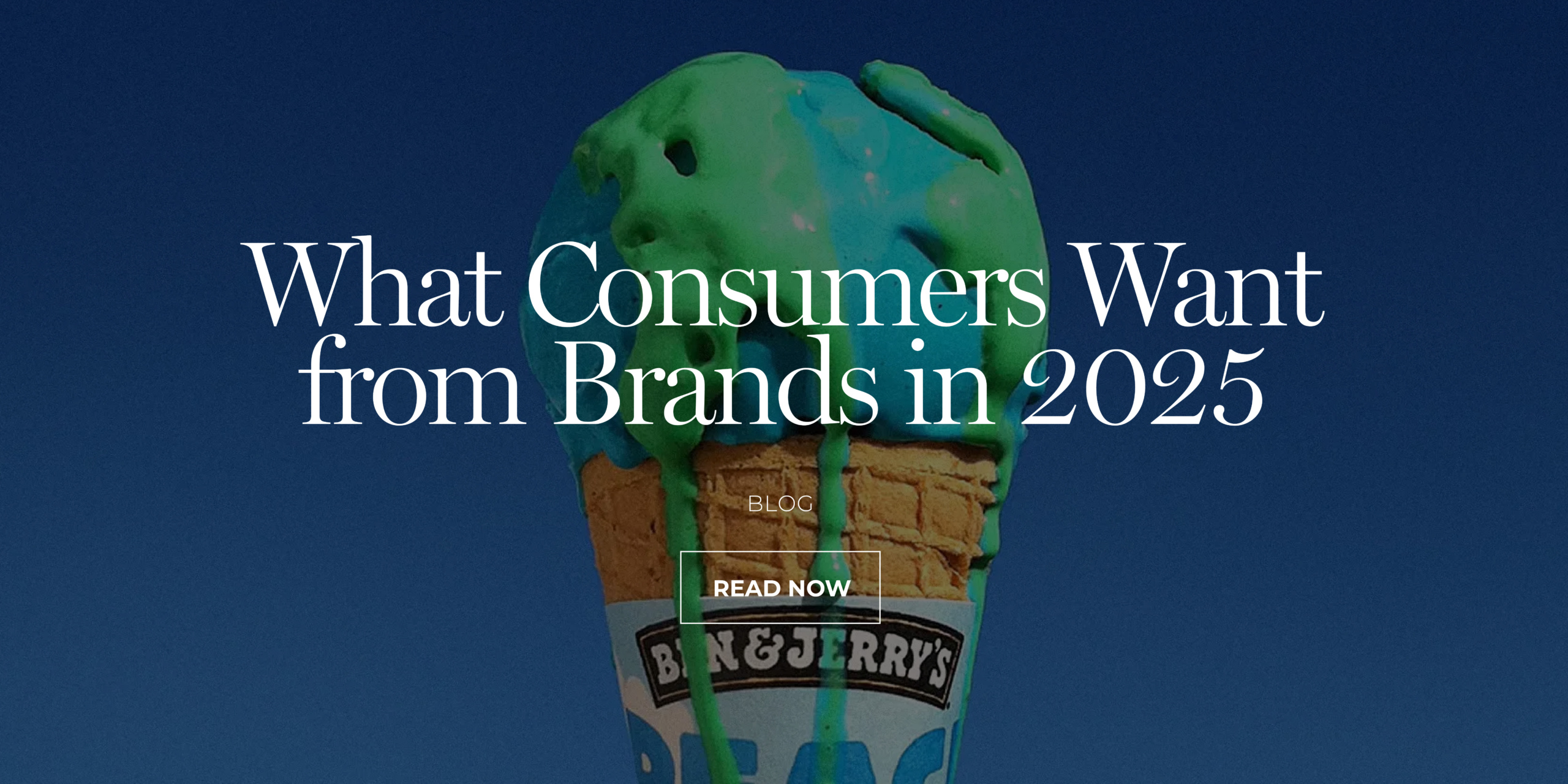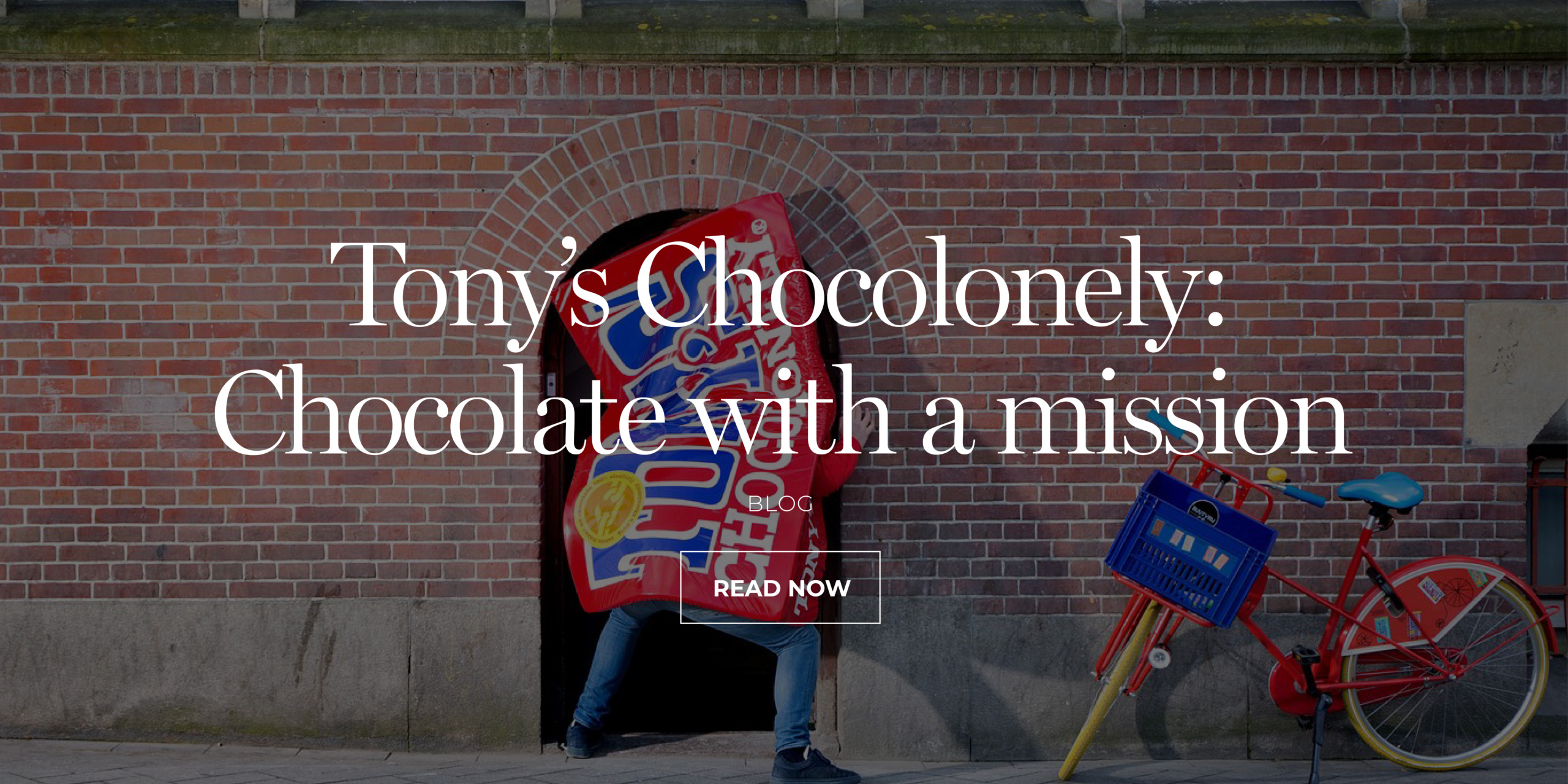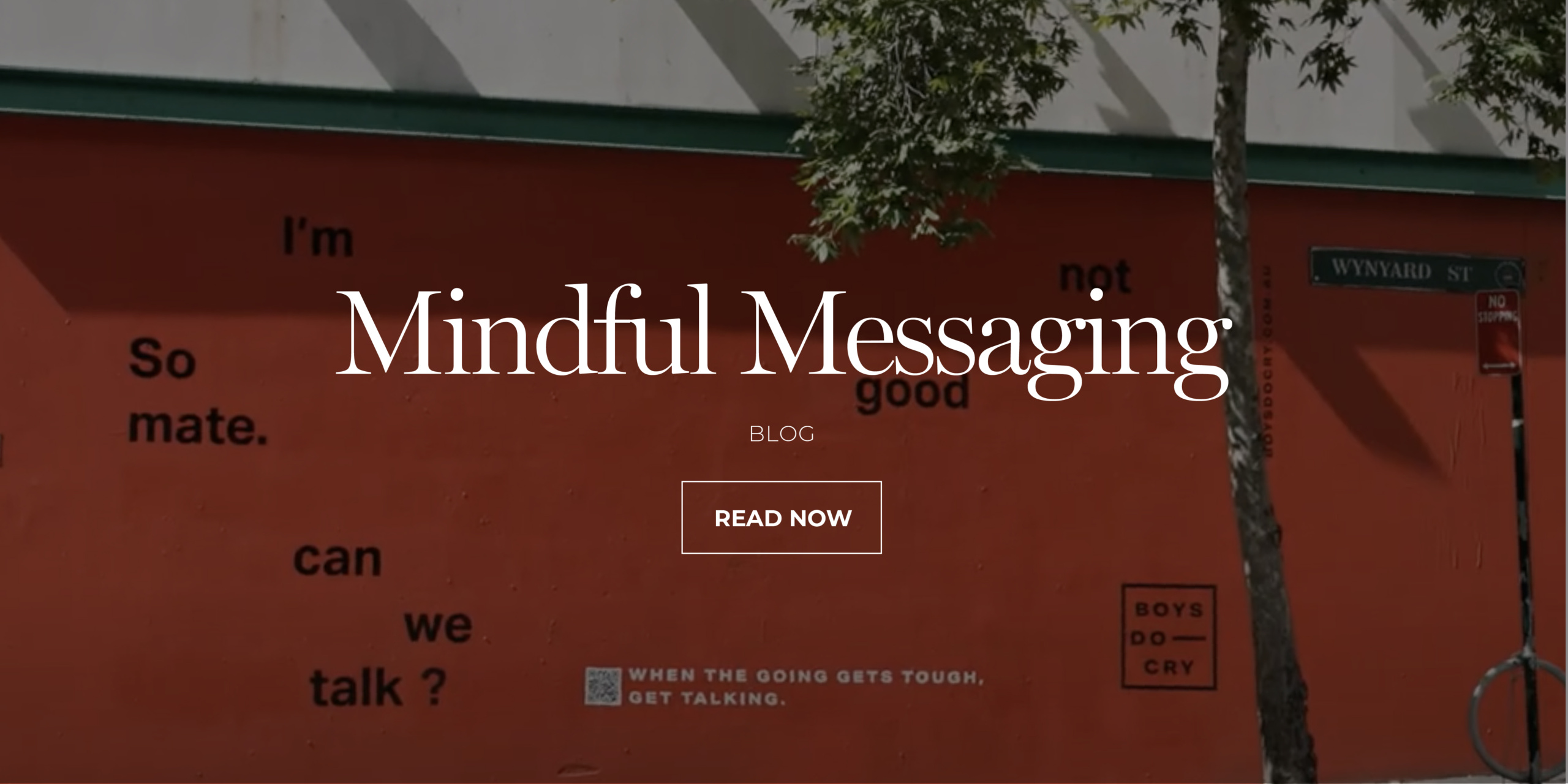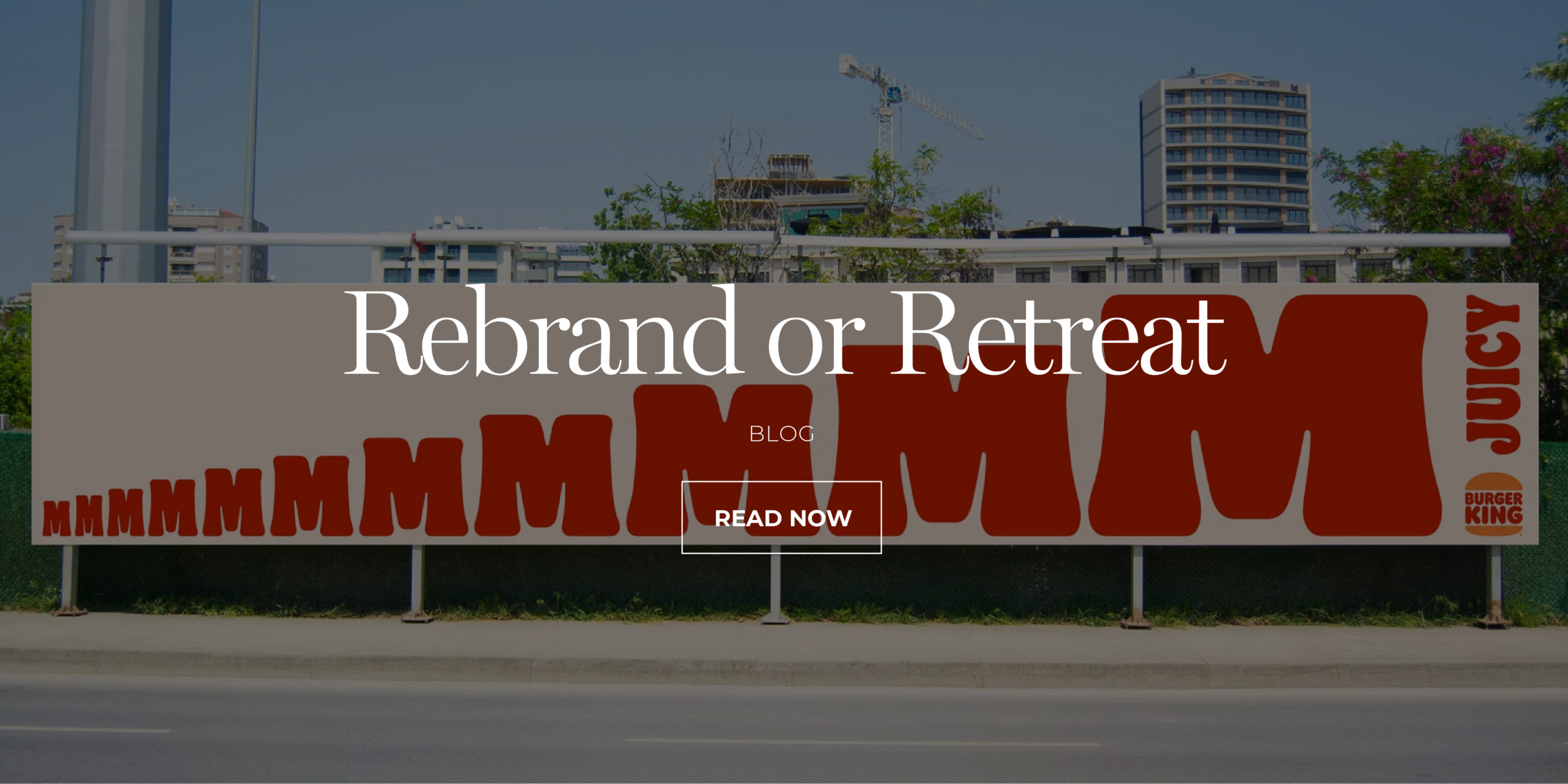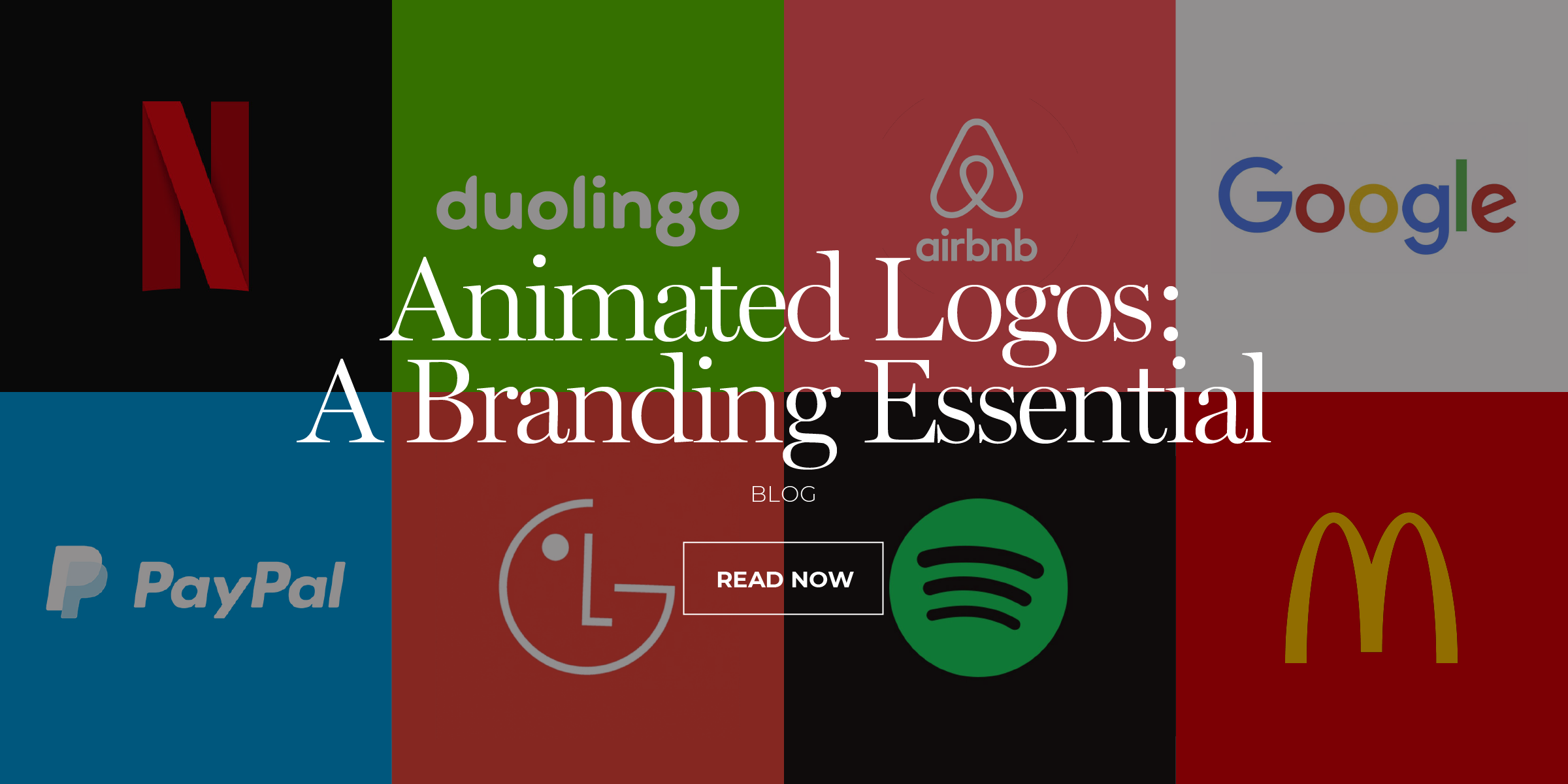Health
Australia’s supermarket shelves are heavy with diet products, and that suits the 40% of Millennials who are trying to lose weight. Moreover, with 32% claiming to be focused on eating healthy food, Millennials are the most health-conscious of all generations.
This has important marketing implications as 76% are trying to prioritise healthy food choices. Their focus on health extends to skincare with 69% of Millennial females, and 34% of Millennial males, using and buying skincare products in a six-month period. Opportunities to service this strong need may be available in multiple other categories.
Despite having many health goals, many Millennials do not score well on standard health screening measures. Unfortunately, the combination of many factors has led to 70% of Millennials reporting that they feel stressed and 55% saying that their mental health was a top priority for them. Their feelings of stress translate into negative life impacts with almost one in two Millennials are suffering from a diagnosed mental health condition.
Activity
Overall, 70% of Millennials are concerned that their lifestyle is too sedentary, however, their reactions to these concerns vary considerably. Sports Australia defines an active person as one who does an average of 8 sessions of moderate to high heart rate activity each week. Around one in three (35%) of Millennials fit this description and they typically undertake three types of activity with the most popular being going to the gym, walking, and jogging/running.
This segment describes themselves as having been active children who still enjoy physical activity and competition. For them, staying active makes them a good role model for their children, and contributes to their own good mental health, positive body image, and good physical health to prevent illness. The “somewhat active” (55%) group (trying to do 2.5 sessions a week) are averaging 2.1 activities of which gym, walking and running are also the most popular. They claim time and money stop them, but most will admit their biggest barrier to physical activity is a lack of motivation.
Food
“Why do you think Millennials are so into food? It’s the way they relate to each other.” – Lidia Bastianich
On average, Millennials spend $156/per week on food though the average is somewhat misleading as the food intake of the 44% in families is radically different to those who are in smaller households. While the pandemic has impacted their spending patterns between dining in and takeaway, their preferences in each have remained largely unchanged.
What has changed for Millennials between 2019 and 2020 has been their wine consumption. In 2019, the average Millennial who was a regular wine drinker consumed 8.2 glasses/month. Fast forward to 2020 and the combination of pandemic stress and more time at home, their average has risen to 9.0 glasses/month.
“Millennials are leading the conversation about wine, pushing established brands to create new paths of discovery.” – Clare Dry, Winemaker, Wolf Blass.
These food and drink preferences can provide marketers with deep insights into the psyche of this generation, and how their tastes span from the staples (pizza, burgers and fish and chips) through to a wide range of international cuisines.
Media
Shutdowns have increased the use of streaming services by all generations, and Millennials engage with them just as much as they do with television.
Social media is central to every Millennial marketing campaign, and so it should be a given that 81% use two or more media sources on a daily basis. While Facebook still dominates, social media is one of the relatively few areas with significant differences across the 15 years of the Millennial cohort. The trends are not necessarily linear with regular usage of both LinkedIn and Instagram peaking in the middle age bracket of 30–34-year-olds.
Despite their high engagement, many Millennials do have reservations about social media with 48% worrying that it brings them negative effects, and over half have at some stage of their life either reduced or ceased their use of social media.
MARKETING TO MILLENNIALS REPORT
